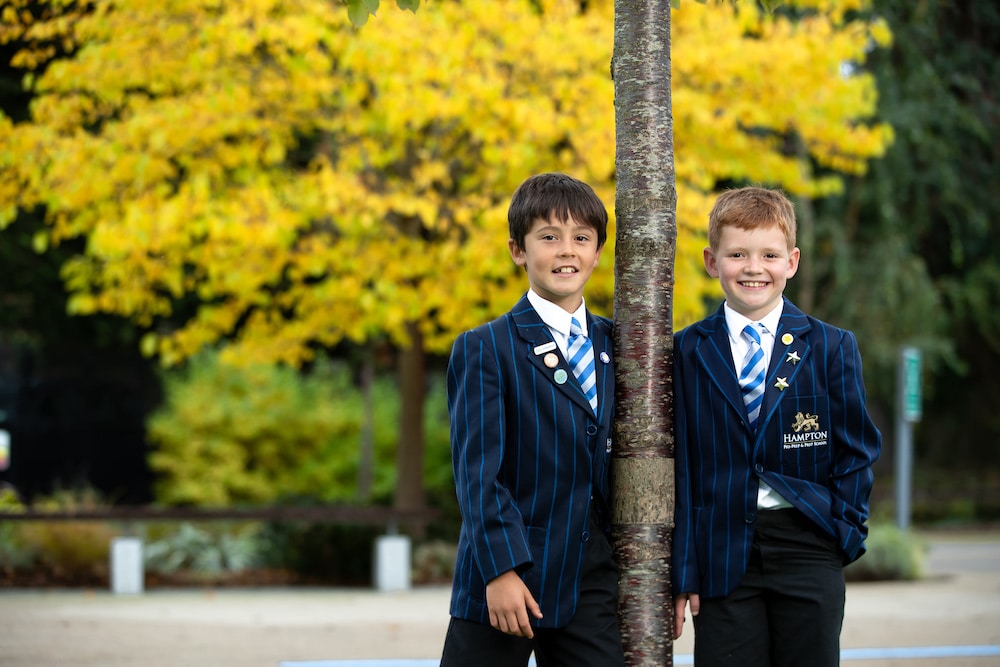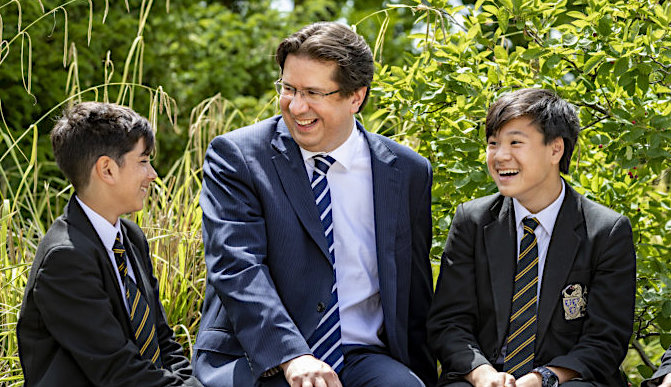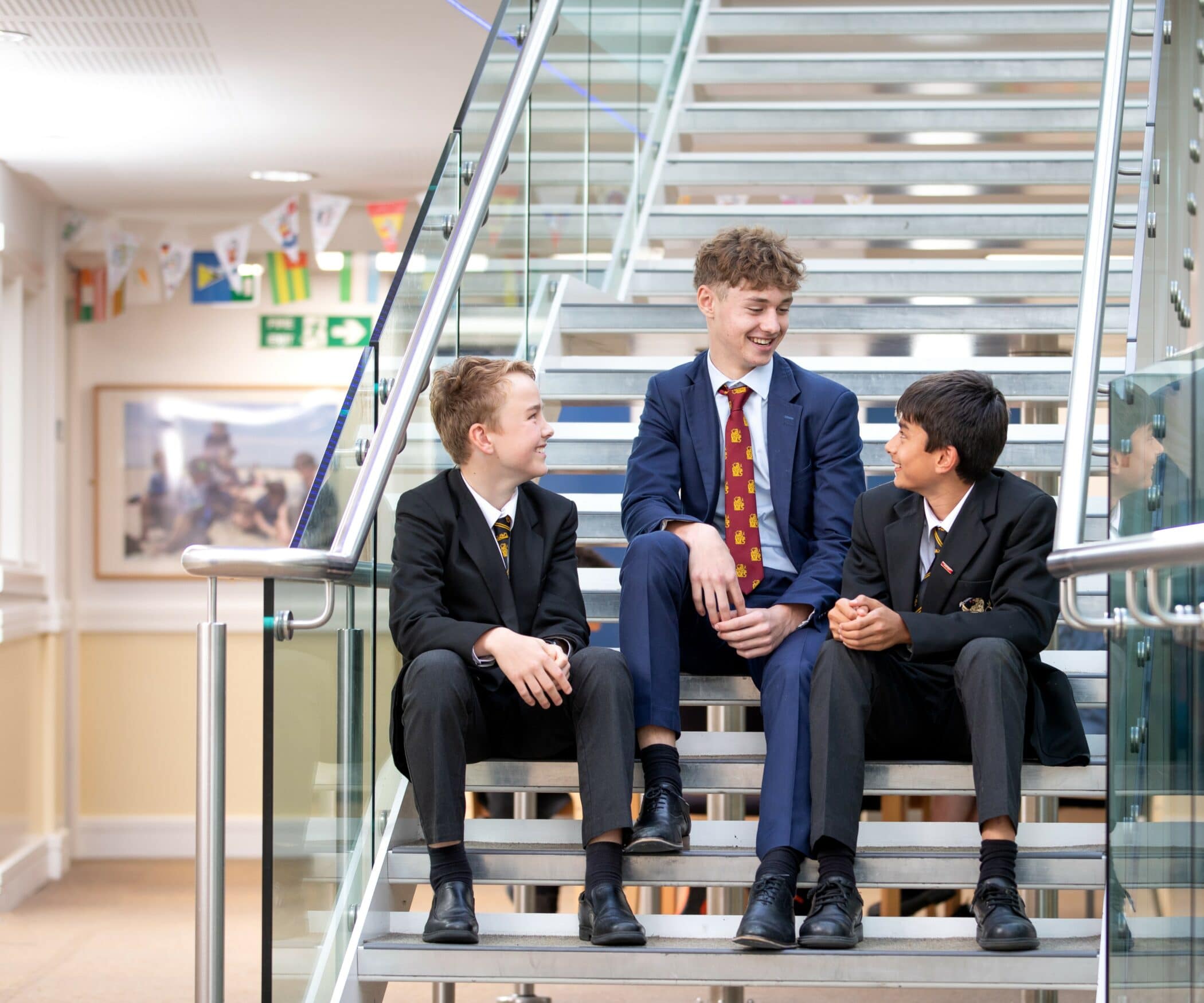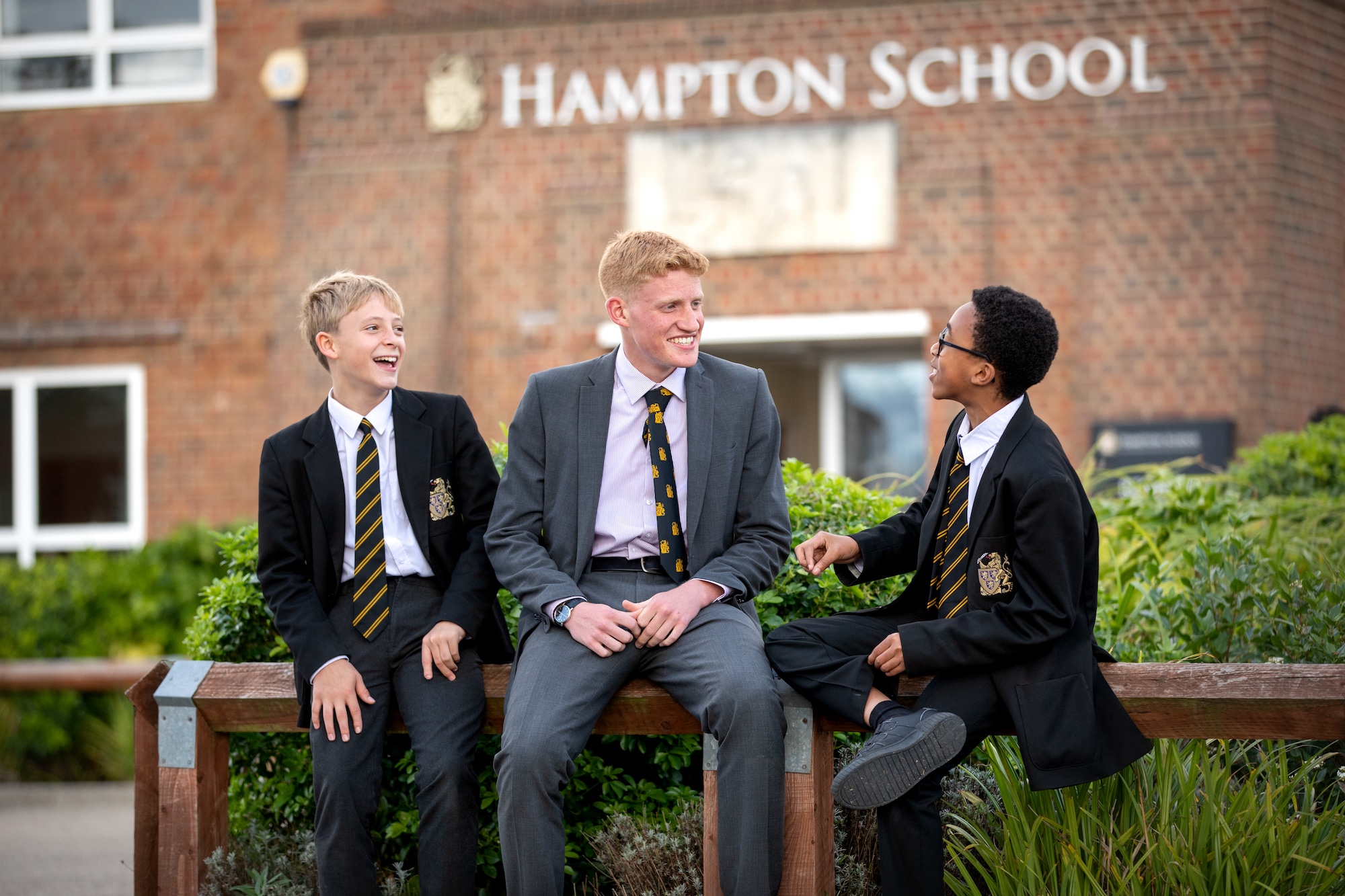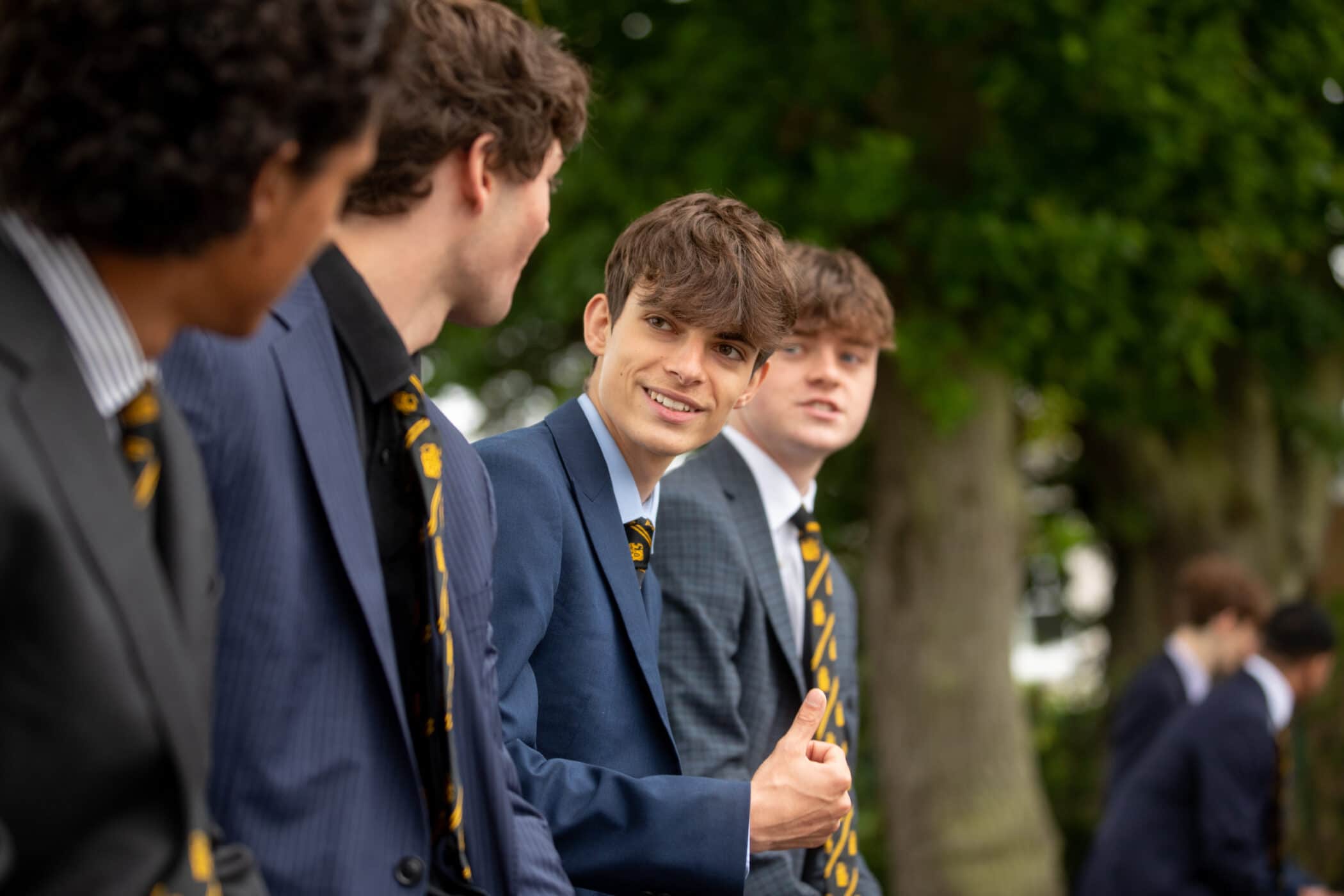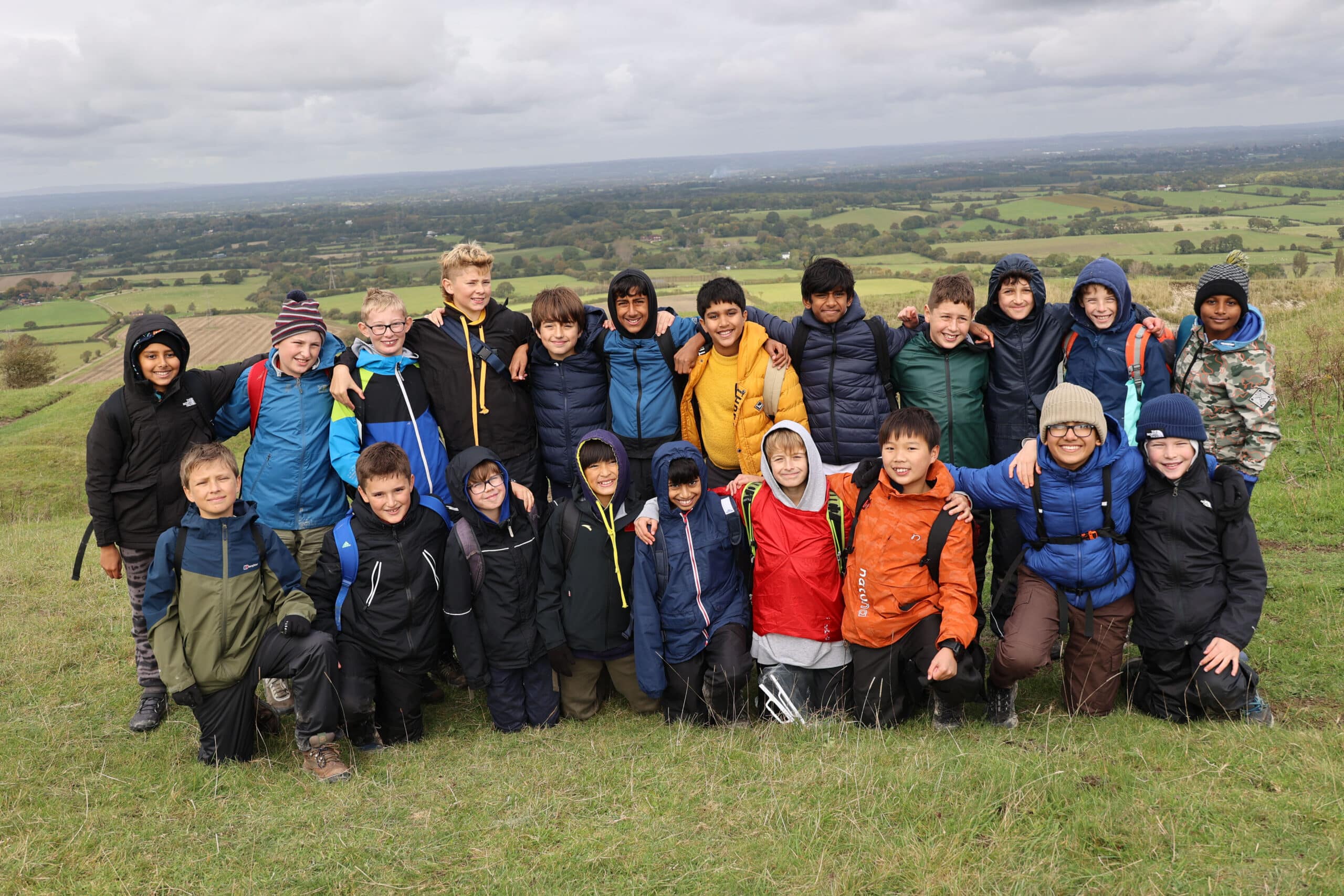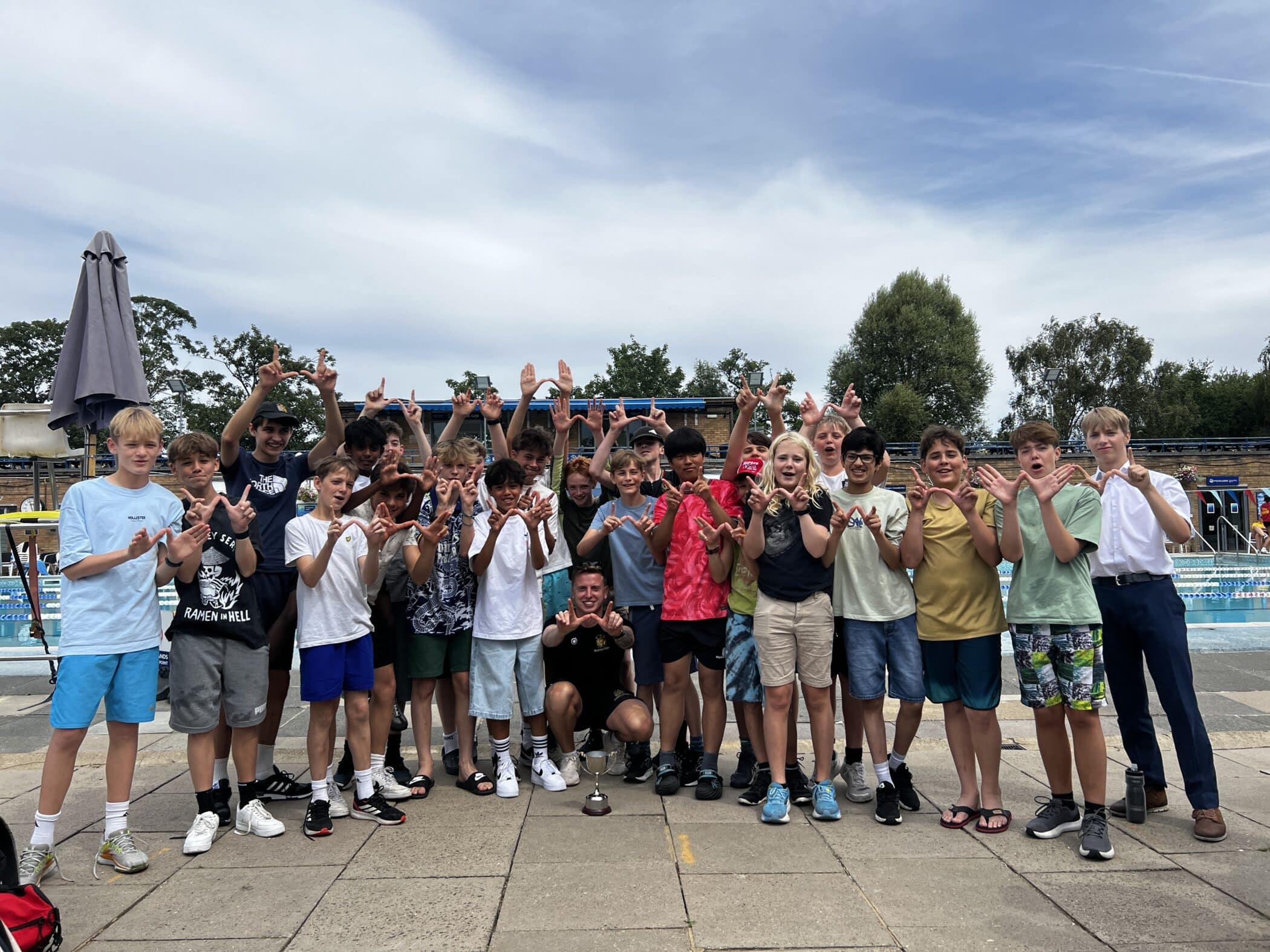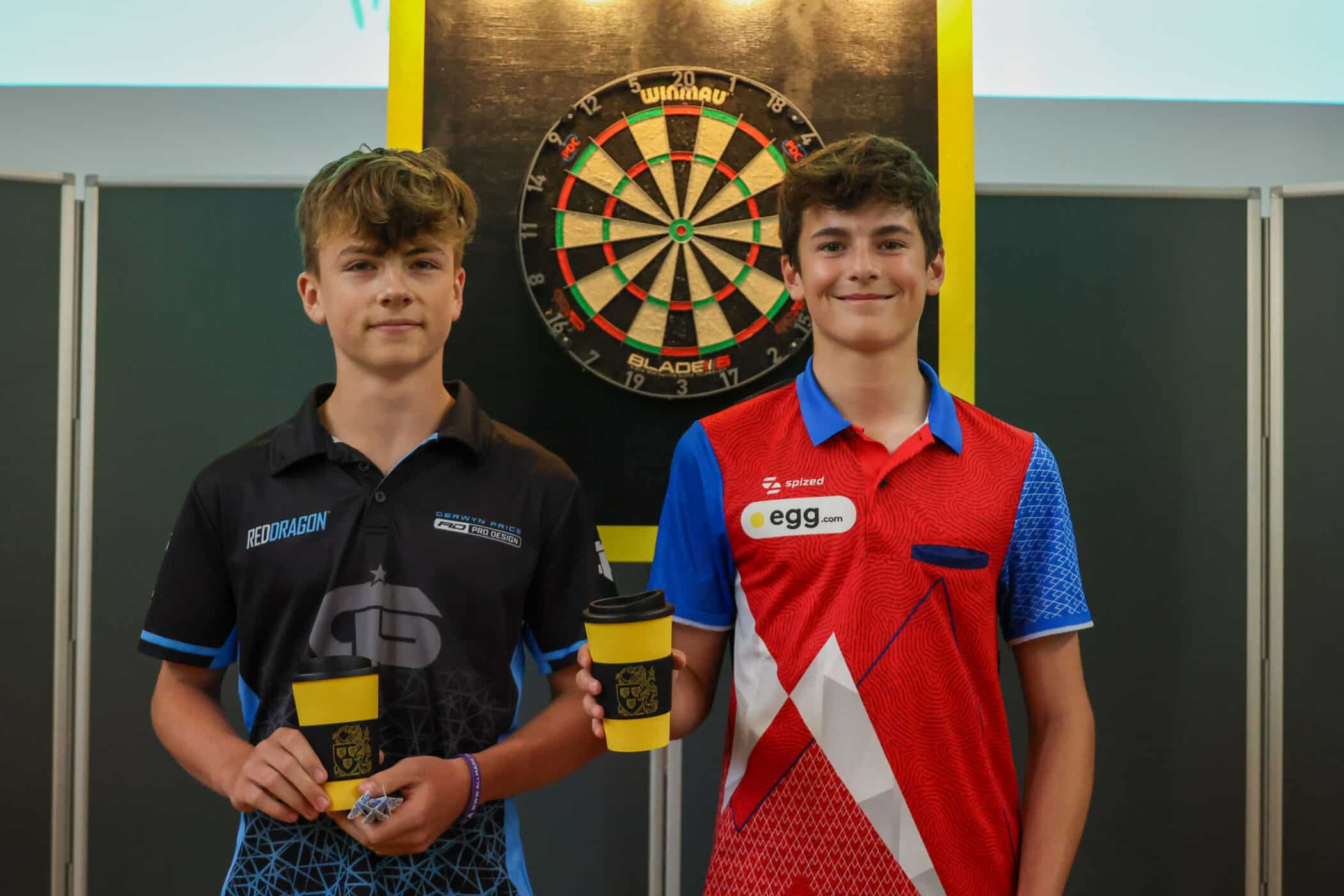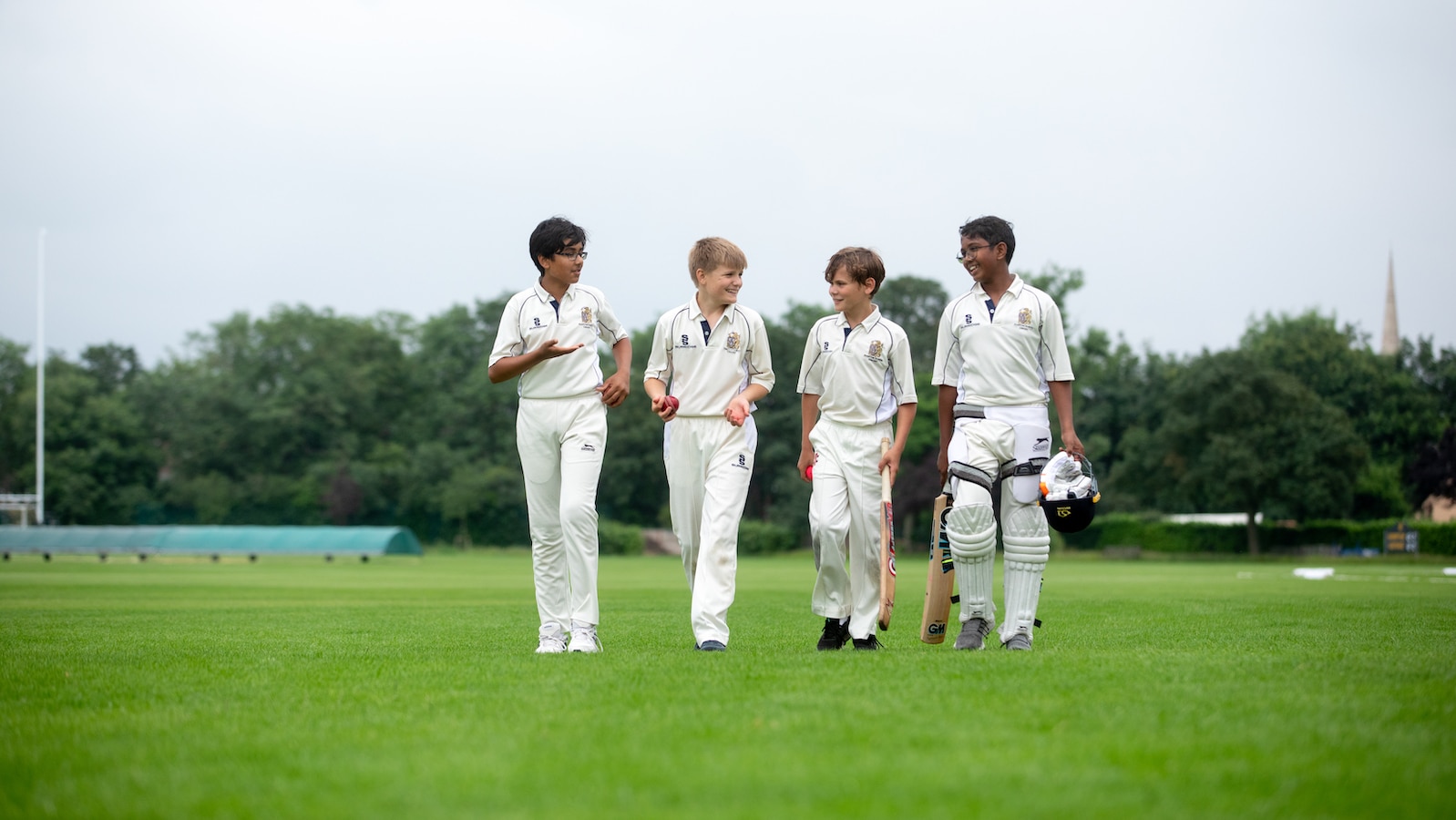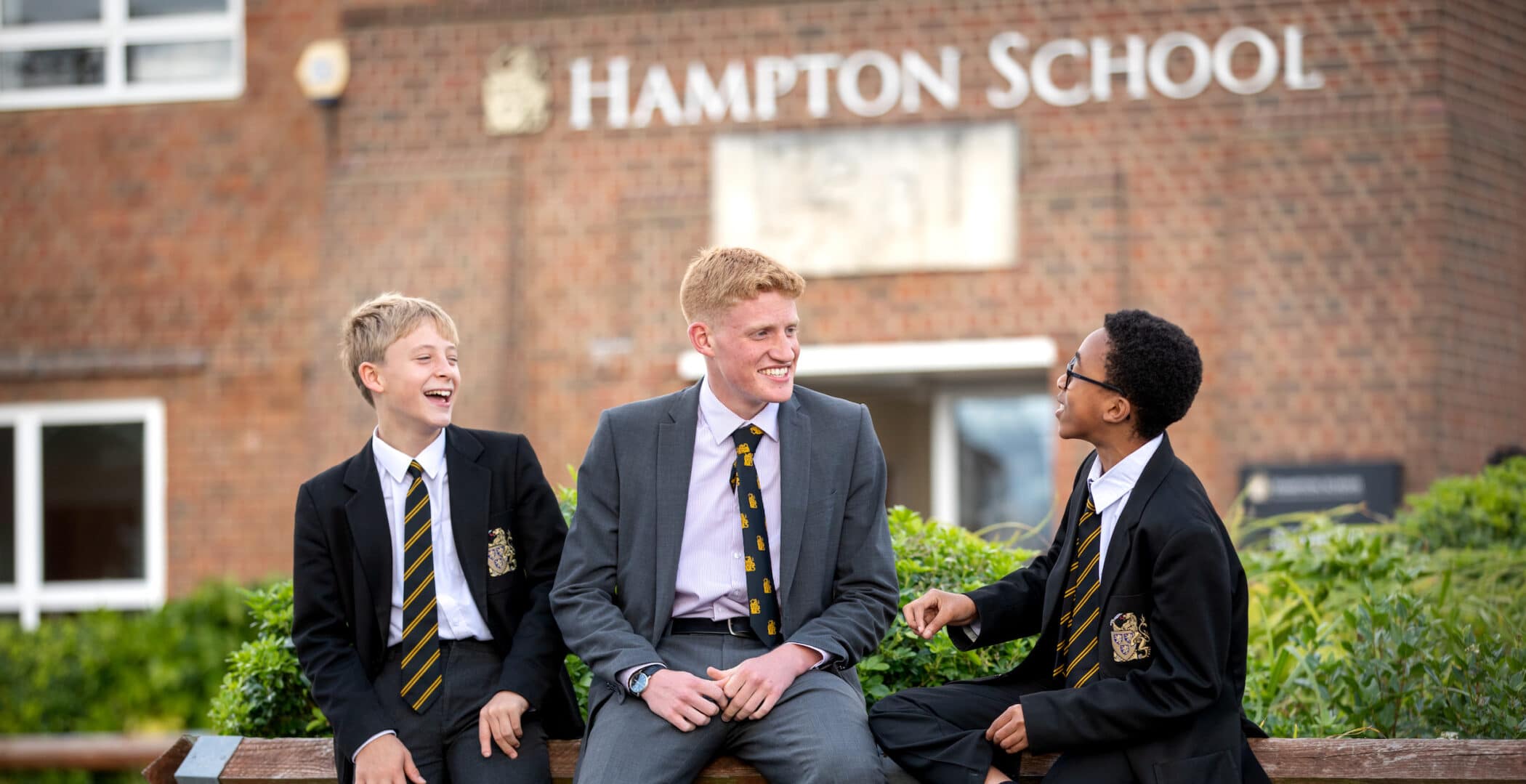Welcome to the First Year Blog!
Shamelessly playing on the theme of Guy Fawkes, it’s been a sparky week for our First Year. You have slipped back into the routine of School and been busy with sport, clubs and lessons. We have had two visiting speakers in the Hammond and have a review of Tuesday’s illuminating talk on Lithium. On Friday, the great Carthaginian general Hannibal was the topic of Ben Kane’s fascinating lecture – a review will follow next week. With Remembrance on 11 November, we have a timely report on a former Hamptonian who served in World War II.
Do please send your news and any ‘shoutouts’ (we like to celebrate your successes out of school too) to v.whitwam@hamptonschool.org.uk.
Clubs of the Week
Basketball Club
By Akshaj (1B)
Basketball is one of the sports I enjoy the most and find absolutely exhilarating to play. The routine of the weekly club is simple: come in, get dressed, and have some free time on whatever you want to do. After everyone is ready to play, we take around 5-6 min to train. Then it’s matches between all of us which is a lot of fun. I mean A LOT! It’s such a fun club to join and there are loads of pupils who come along. It is on Tuesdays, and I hope anyone interested will join!
Beekeeping Club
By Jonathan G (1P)
Joining the Beekeeping Club has been an incredible experience that transformed my understanding of these curious creatures. Since I joined the club, I have been learning new and surprising facts about bees. On the Friday before we broke up for half term, we donned our protective gear and approached the hives; I felt a rush of excitement mixed with a touch of nervousness.
At first, walking into the swarm of bees was a nerve-racking experience, but I soon learnt to trust my protective suit, and the buzzing sound of the bees was oddly relaxing. Everyone is always really friendly, including Mr Langton, who runs the club, and this makes every session enjoyable. This hands-on experience has deepened my appreciation for these amazing minibeasts. I can’t wait to taste their honey!
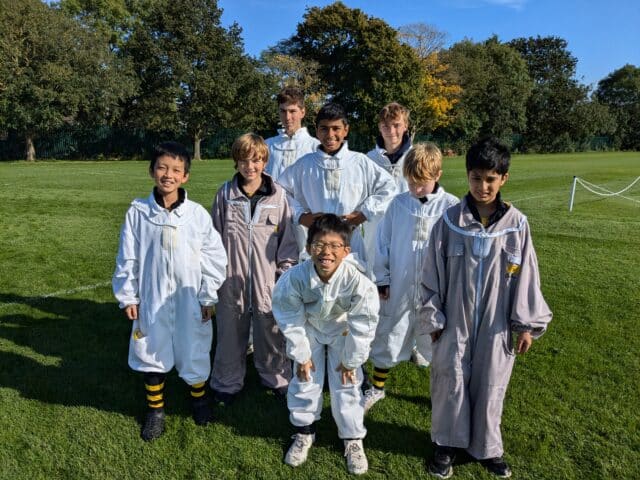
School Council
By Fred G-V- P (1G)
To start off with, we gathered for PSHE where we first had some admin to do, and then Mr Willoughby asked us for the first time, “Does anyone have any ideas for the School Council?” Which set the whole class into a frenzy of brainstorming ideas, sharing them and looking for beatable world records. Then, we “elected” two members of the class (It was me who put my hand up five seconds after Mr Willoughby asked and then I had to convince Seb to come with me. Then, 2 hours and ten minutes later, we arrived in F10 for the event.
The first order of business was taking everyone’s names and then we launched into the ideas of 1G which ranged from halal meats to a Nerf Gun club. The proposals included a healthy(ish) tuck shop, and for the SNRG (catering-related) we asked for more halal meats, more vegetarian options and a sandwich bar (my idea, which was decent, if I may say so myself!) We voted and chose the tuck shop and more vegetarian/ halal options to put forward to the whole School Council.
We had some bright ideas for raising money for Giving Day including gaming contests and a teachers versus pupils football match. Next step is a School Council meeting for all year groups. Overall, it was a very interesting and productive experience.
Learning about Lithium
On Tuesday, the scientific entrepreneur, Jeremy Wrathall, founder of Cornish Lithium, a company dedicated to finding a reliable, long-term source of Lithium for the UK, spoke to Hamptonians in the Hammond. Lithium, a metal used to power electric vehicles, mobile phones and to store wind and solar power, is key in the race toward net-zero emissions. Ashutosh S (1B) tells us more:
It was utterly eye-opening session for me. Never did I think how a humble battery we use in daily lives could have such life–changing potential to accelerate progress and, at the same time, drastically help in reducing carbon emissions. Mr Wrathall stressed how using innovative techniques and digital technology for mineral exploration has facilitated Cornish Lithium’s prosperity.
Lithium is the lightest metal. It has the symbol( Li). Lithium is the most important component of batteries used in electric vehicles and any electronic device. A fully electric vehicle (such as a Tesla Model S) contains an estimated 63kg of lithium and so the growth and widespread uptake of electric vehicles is driving a global increase in demand. Currently Australia and Chile are the major places where Lithium is mined. But Lithium in Cornwall is found within in deep granite rock.
Mr Wrathall explained with the move to global decarbonisation, and battery technology driving the clean energy revolution, demand for Lithium is soaring. In the UK, like the rest of Europe, it is heavily dependent upon imports. Hence the importance of companies such as Cornish Lithium. Using drone surveys across the north coast of Cornwall, Cornish Lithium produce mineral maps showing the mineral concentration points and, at the same time, minimise time spent collecting this same data by field and thereby reduce the risk of undertaking geological mapping exercises in dangerous locations.
Lest We Forget
By Nico A-G (1F)
I would like to share a story about a second-hand book given to me by my parents and the person it belonged to. The book is called “The History of Hampton School from 1556 to 1700” and it was published in 1931. I flicked to the first page of the book and realised that there was a signature which said “Richard E. Gilbert.” I asked my parents where they got the book from, and my mum said she bought it from a relative of an old Hamptonian called Richard E. Gilbert.
The next day at School, an idea hit me: what if this was a signature from a Hamptonian who fought in World War II? So, I went to the main entrance and looked at the WW II memorial wall (I knew where it was due to one of the questions on the First Year Blog), and to my surprise, in the second column I saw the name of R. E. Gilbert. I told my parents about this, and we contacted the previous owner of the book and found out that it was indeed the same person. Richard’s relatives shared some information with us.
Richard Ernest Gilbert, or Ronald, or R.E.G., as he used to call himself, was the son of the furrier in the High Street of Teddington and was a registered accountant. I’ve tried to Google him and found out that he was a young British sergeant who served in the Royal Army Service Corps (RASC), which was a British Army unit responsible for supply and transport during World War II. He sadly died from Tuberculosis (TB) at the age of 27. His death from this disease highlights the various challenges soldiers who served faced during wartime service. He died on the 10 April 1945, just weeks before the war ended in Europe, which makes his story particularly poignant. He is buried at Ramleh War Cemetery, Palestine (Grave Ref.5.M.19)
Ahead of Remembrance Day, I want Richard to be remembered for what he did for his country, and I am grateful for having his book with me.
Lest we forget.

TUTEE OF THE WEEK
Every week, the First Year Tutor team nominate a Hamptonian who they have been particularly impressed with, and Mr Hill and Mr Fuldner present him with a certificate and a tasty treat to eat!
Congratulations to Alexander M (1W) on being named this week’s Tutee of the Week.
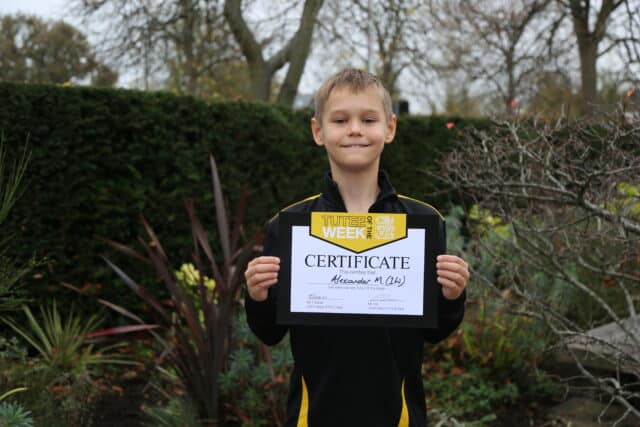
Alexander’s teachers all report that he has made a great start to his second half term as a Hamptonian, with lots of enthusiasm and commitment shown during lessons and everything he does outside the classroom. Keep it up!
SPECIAL SHOUTOUTS!
Congratulations to Rafferty O’C-Z (1W) who was awarded a spot in the Under 12 section of the National Children’s Orchestra of Great Britain. There were only 30 violin places for the UK and after a successful audition, he gained a place, a fantastic achievement. Let’s hear from Raff:
In July, I prepared for an important audition on my violin. I played Czardas by Monti and Minuet by Mozart. I also had to perform some orchestral excerpts which were fast but fun. After recording my audition, I had to wait a painfully long time to hear the result but during half term I found out that I had been awarded a place in the Under 12s National Children’s Orchestra of Great Britain for violin. I am so delighted as there were only 30 violin spots in the UK. As part of this symphony orchestra, we take part in two week-long residentials in spring and summer, in different parts of the country as well as two big concerts. I am looking forward to playing with all the other musicians very much.
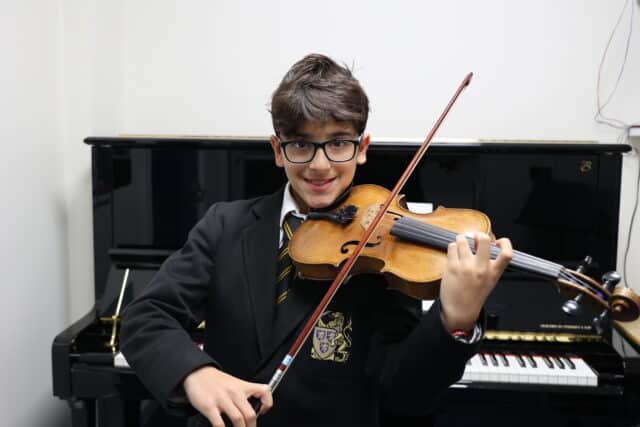
We love to hear about what you have been getting up to outside of school and to celebrate your successes in the First Year Blog! Please do send any information about any of your achievements through to Mrs Whitwam (v.whitwam@hamptonschool.org.uk).
THE HAMPTON HUNT
Each week I will set you a challenge where you need to find out a random fact, number or indeed anything else around the School – you won’t be able to do this from home! You have until the end of Wednesday to complete the challenge; you will find out in next week’s blog if you’re correct, and you will be given a merit by your Form Tutor the following Monday. And you will get to know the School better in the process.
The challenge before the half term holiday: How many different languages can you find that are written in red in the languages cloud on the languages corridor?
You could find the languages on the wall next to F5, and the answer is, of course, nine!
Half term got in the way of this challenge, so without further ado, onto the next one!
This week’s challenge:
When did the Geography Courtyard Garden first start?
You can find the answer in the Geography department.
Enter your answer here:

